
How To Overcome Creative Burnout as a Freelance Writer
While the life of a writer may seem easy to the outsider, in reality, it is not for the…
October 14, 2022
While the life of a writer may seem easy to the outsider, in reality, it is not for the…
October 14, 2022
A man from the crowd answered, “Master, I brought my son to you because he has a dumb spirit.…
August 3, 2021
There’s an important difference between Science Fiction and Scient Fantasy. Scient Fiction is based on real world science, even…
June 7, 2021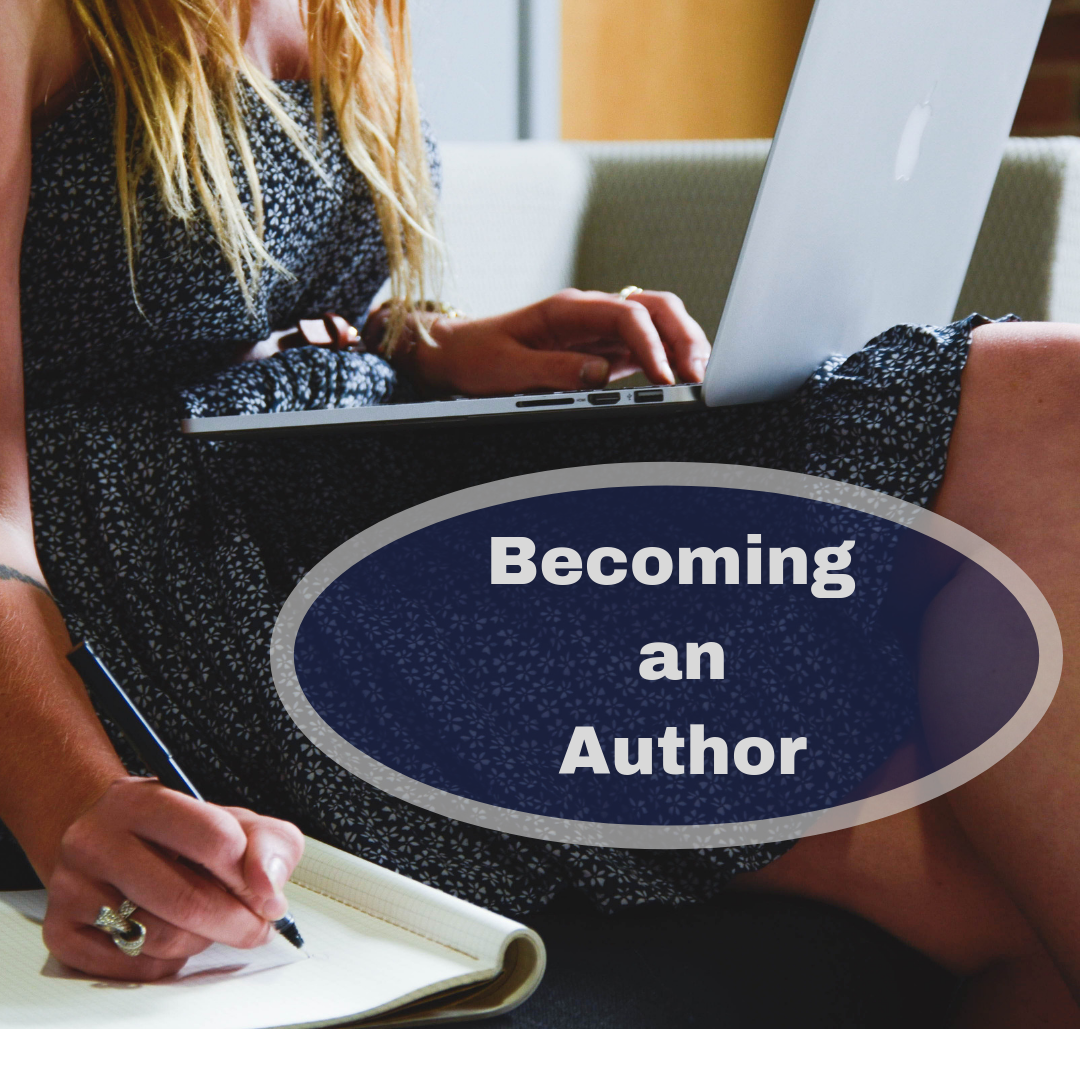
The writing journey is not for the faint of heart. The rejections, critiques, and setbacks provide plenty of opportunities…
February 9, 2021
It was Sunday. I woke up fairly early (that’s 8 or 8:30 for me) and looked at the date.…
February 6, 2021
Pilgrims travel to a martyr’s shrine, swapping stories on their journey to pass the time. The freshly installed tenant…
November 13, 2020
Long before the pandemic began, I used to drop into the occasional adult beginner ballet class. There, I’d stretch…
September 13, 2020
These days, anyone who wants to write short stories of an unconventional bent has their pick of quirky venues…
August 13, 2020
Writing is hard work. It may not look like writers expend much energy, but we are. Writing saps our…
August 8, 2020
Have you ever taken the MBTI? Short for Myers Briggs Type Indicator, this classic personality test promises to divine…
July 13, 2020
As writers, we’re generally in the business of creating our own inspiration. When it does strike us unbidden, we…
June 13, 2020
A quarantine isn’t a writing retreat. Sure, some of the greats managed to transmute epidemiological panic into excellent prose…
April 13, 2020
“Comfort, comfort my people, says your God.” Isaiah 40:1 (NIV) Do you feel compelled to write, but don’t know…
April 3, 2020
During my last semester of undergrad, I spent a lot of time watching 30 Rock. Like many graduating seniors,…
March 13, 2020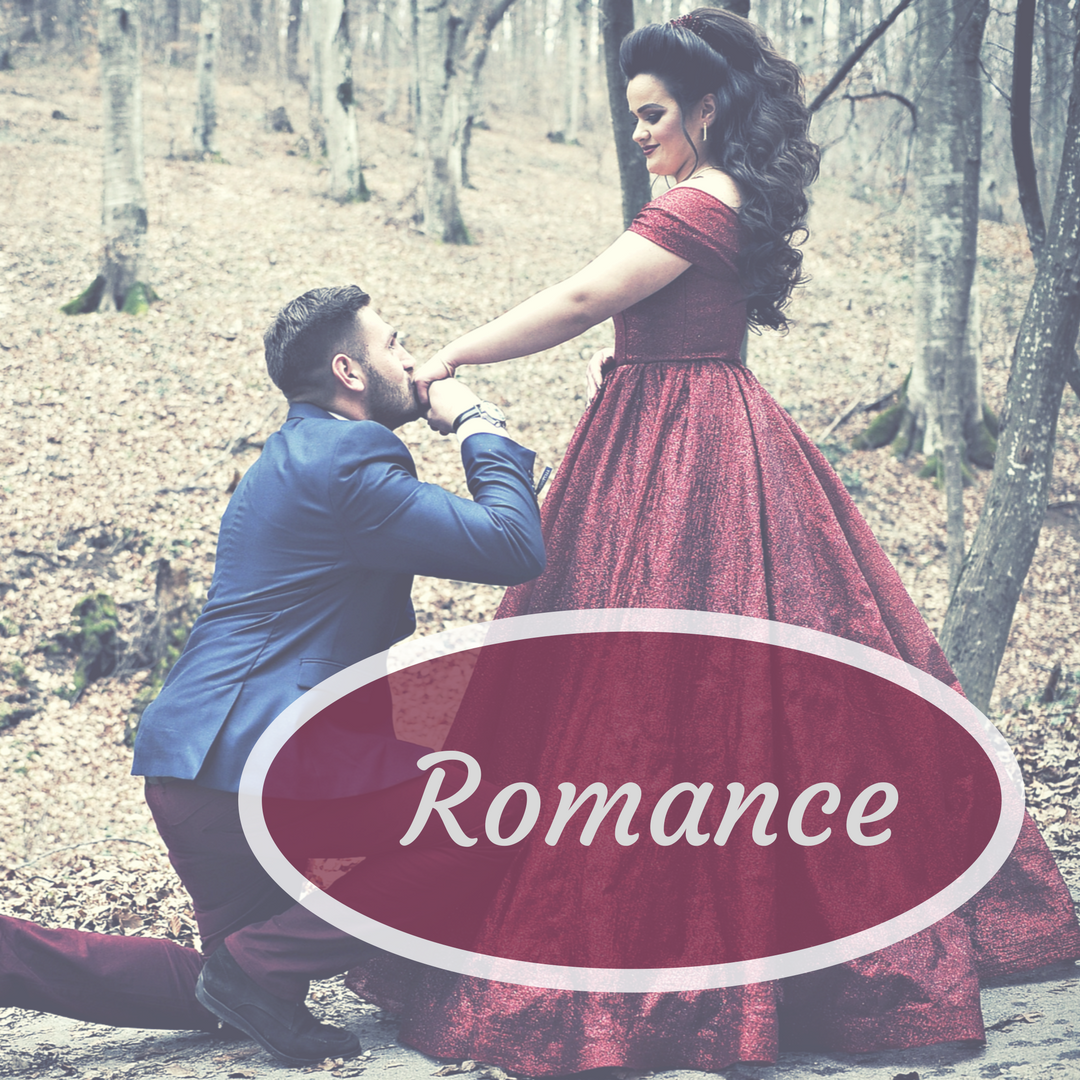
In my opinion, anyone who says they don’t have time to read might as well say they don’t have…
February 28, 2020
If you’re like most writers, worldbuilding feels like the province of sci-fi and fantasy authors alone. Sure, it’s crucial…
February 13, 2020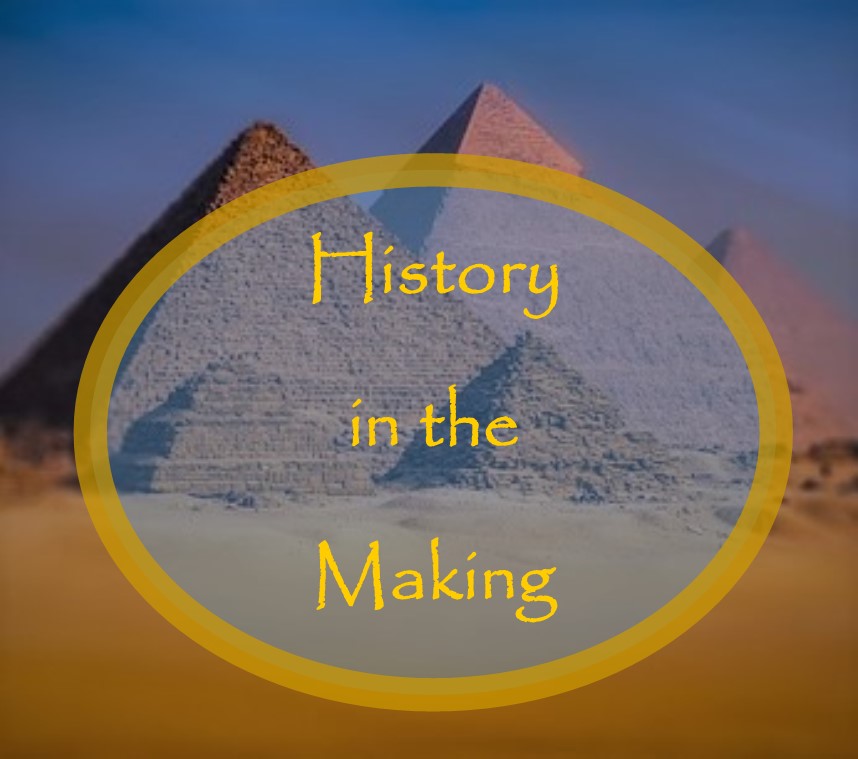
As both a reader and a writer, I enjoy spending time in book stores and libraries. This year some…
January 20, 2020
“I have done as you have commanded.” Ezekiel 9:11 (NIV) In our passage, the man with the writing kit…
January 3, 2020
As a writer, one thing that almost everyone will agree and accept is the fact that without inspiration, it…
October 13, 2019
Writing is difficult. Some days we face disappointment, rejection, criticism, frustration, nasty reviews, or writer’s block. On the tough…
August 8, 2019
Writers already understand the importance of creativity: after all, writing is an art form, and art forms rely heavily…
August 2, 2019
Inspiration is all around us. We absorb it without trying, but serious writers are intentional observers and recorders of…
March 8, 2019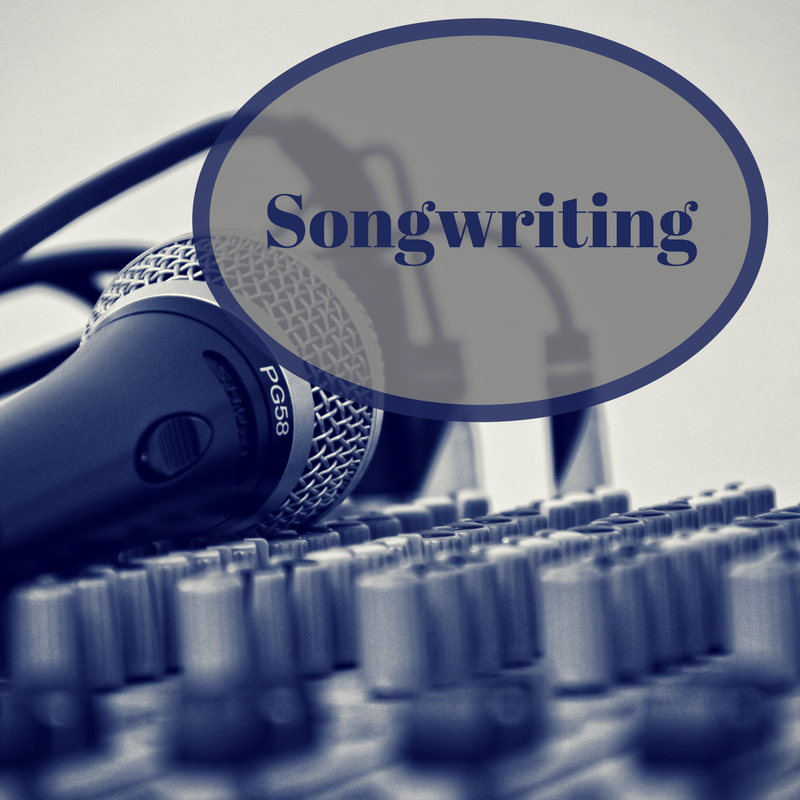
I hate to admit it, but writer’s block is just as prevalent in songwriting as it is in fiction…
November 28, 2018
Most authors will hit a dry spell at some point in their career. Whether they consider it “writers block”…
November 7, 2018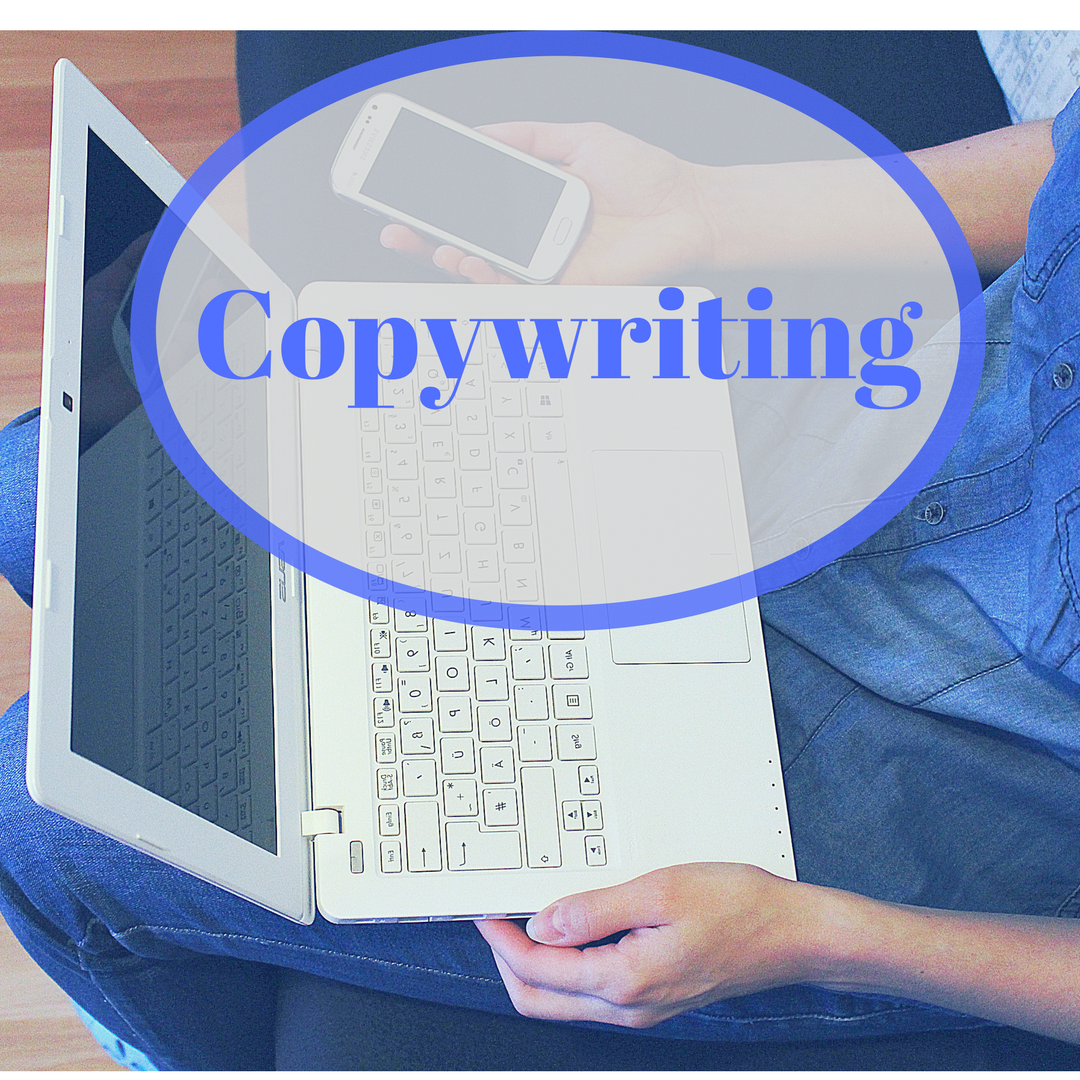
Normally, when you search for a definition, you are looking for a way to narrow a term or concept.…
October 27, 2018